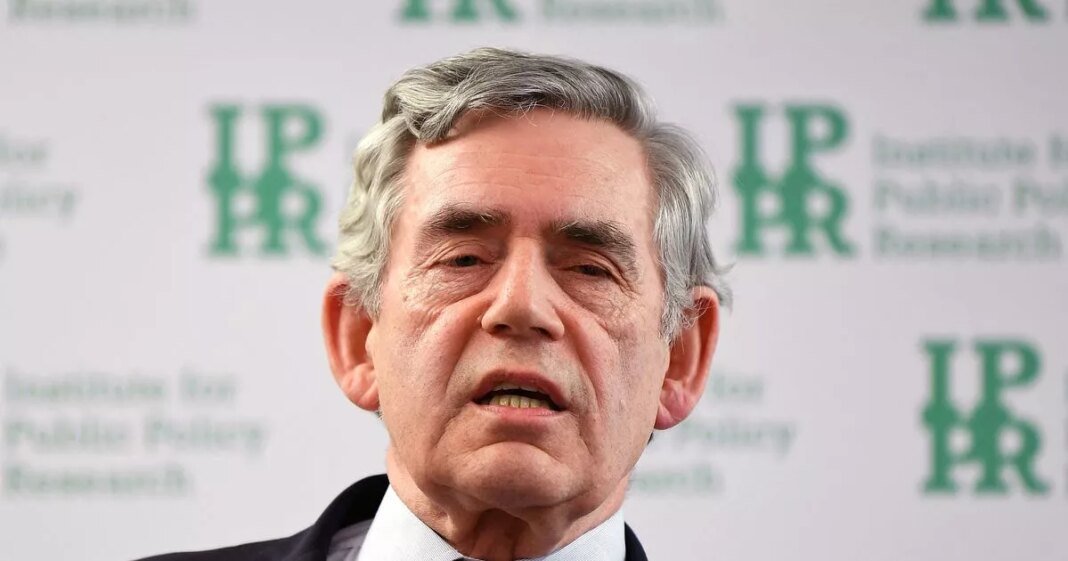The search for an impoverished bookie can be challenging, but it’s undeniable when a child is living in poverty. Currently, over 4.5 million children in the UK are facing poverty, with numbers escalating annually by around 100,000. Having witnessed severe poverty growing up in a Scottish industrial town hit by unemployment, it’s disheartening to see such deep deprivation affecting children across the nation.
By 2030, an alarming 5 million kids are projected to experience inadequate food, clothing, and housing as their initial encounters. In a recent exclusive article in the Mirror, leaders of 15 anti-poverty charities, including Save the Children and The Trussell Trust, have jointly called for the repeal of the two-child rule under the Tory government, which perpetuates child poverty.
Conversely, the gambling industry in the UK is experiencing a notable surge in profits, amounting to £11.5 billion annually and increasing consistently, almost in parallel with the rise in child poverty rates. Despite this financial growth, gambling companies operate under one of the most lenient tax structures in the Western world, paying less tax than oil and gas firms, car manufacturers, and tech enterprises.
Given the pressing financial constraints and the prevalence of child hunger, a viable solution emerges: utilizing the significantly undertaxed earnings of the gambling sector to uplift 500,000 children out of poverty. Comparatively, the tax rate on online casino profits in the UK stands at a mere 21%, significantly lower than other countries like the Netherlands, Austria, and even the US state of Delaware, known for its tax advantages.
Over the past decade, remote gambling revenues have surged by over 40%, with operators paying minimal tax on their profits. This lax taxation regime has allowed gambling companies to exploit government resources while neglecting their social responsibility towards addressing child poverty.
Implementing a tax rate alignment for remote gambling with low-tax regions like Delaware could potentially generate nearly £2 billion annually. Extending this alignment to in-person slot machines could yield an additional £1 billion, offering a substantial revenue stream to support poverty alleviation efforts for children.
Inequities in the taxation of gambling profits highlight the urgency for reform. Redirecting these funds towards supporting disadvantaged children can bridge the gap in essential needs like adequate nourishment, clothing, and shelter, fostering a conducive environment for educational advancement.
Taxing the betting industry for the betterment of our children isn’t a gamble but rather an investment in their future prosperity. It’s a win-win strategy that can pave the way for a brighter, more equitable society for all.

